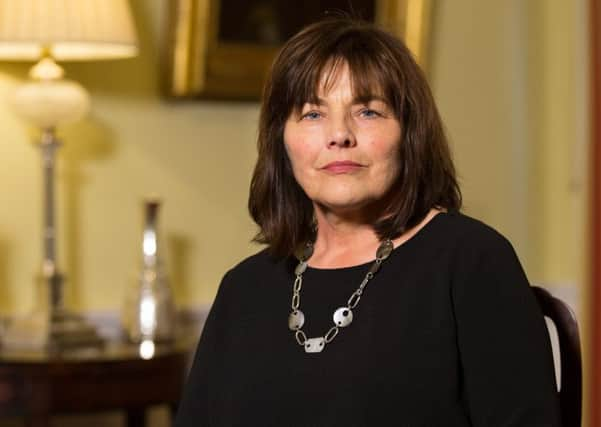Leader comment: Underwhelming use of new powers


As part of the constitutional debate that has dominated Scottish politics, Holyrood was given more powers by Westminster so that the country’s own aspirations in terms of the kind of society it wants to be could be better met.
This obviously had to include more powers over how money was raised through taxes and equally obviously how that money was spent. How money that is meant to help the most vulnerable in society is spent is a key issue. So to that end the Scottish Government wanted more powers over welfare payments, and it has been given more powers.
Advertisement
Hide AdAdvertisement
Hide AdNow there is no doubt that increasing the frequency of Universal Credit payments from monthly to fortnightly for some recipients will be of great help, because it is right to say that budgeting for a whole month is more difficult than doing it for a fortnight.
Using the new powers to allow some recipients to have their housing benefits signed over to go direct to their landlords is probably a positive move, although it is hard to see a huge take-up of this – probably not as great a take-up as landlords would wish for.
And that is the total of the Scottish Government’s first use of its new social security powers. Now it is true that a new social security agency is being set up and a Social Security Bill is set to be introduced this year and the powers are coming over a three-year period.
But surely as an instrument of social change this first use of the powers is dramatically underwhelming.